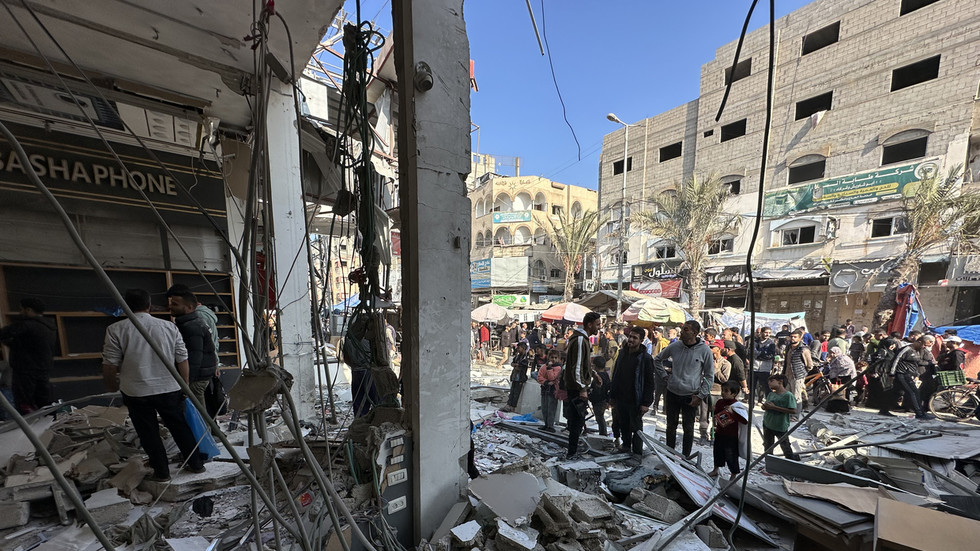Josep Borrell, the EU’s foreign policy chief, has vocally criticized Israel’s actions in Gaza, asserting that the country’s disregard for human rights poses a significant threat to the foundational principles of the European Union. In a recent statement, Borrell urged the EU to take robust action against Israel to prevent ongoing human rights violations in Gaza, warning that these violations risk destabilizing the “rules-based order” established by Western nations. His remarks come amidst allegations of ethnic cleansing related to Israel’s military operations, which have led to a considerable displacement of Palestinians and extensive destruction in Gaza. Borrell emphasized that the situation is dire, with Israel’s military campaign against Hamas following a surprise attack on October 7, which resulted in significant casualties and abductions.
The Israeli Defense Forces (IDF) commenced their operation in Gaza after Hamas’s attack, which resulted in around 1,100 Israeli deaths. The ensuing military response has been relentless, characterized by a heavy bombing campaign and ongoing ground operations. The impacts of these operations have resulted in over 40,000 deaths and severe injuries to more than 92,000 people, as reported by Gaza health authorities. This humanitarian crisis has drawn profound international criticism and prompted discussions of potential sanctions against Israel, marking a shift away from initial Western support. The repeated calls for Israel to reconsider its military actions have largely gone unheeded, intensifying concerns among EU officials.
Borrell expressed frustration over the EU’s previous attempts to engage with Israel’s government, noting that these efforts have failed to yield any meaningful change. The top diplomat highlighted the urgent need for the EU to reassess its approach, as continued Israeli actions threaten not just regional stability but also the EU’s internal security and social cohesion. He warned that the humanitarian catastrophe unfolding in the Middle East could lead to a ripple effect of crises, potentially resulting in increased migration pressures and social tensions within Europe. There is a growing sentiment within the EU that inaction could have severe implications for the continent as the situation deteriorates.
Underscoring the gravity of the ongoing situation, Borrell stated that Israel’s disregard for international norms undermines the very principles upon which the EU was established. He called for the EU to adopt more decisive measures against Israel, asserting that it is time for Israel to face meaningful consequences for its actions. Among his proposed actions are a ban on imports from Israeli settlements deemed illegal and a suspension of political dialogue with Israel. These potential measures signify a pivotal shift in the EU’s stance, which has historically balanced support for Israel with critiques of its policies.
Borrell’s call to action reflects a broader concern within the EU about maintaining a coherent and principled foreign policy in the face of escalating human rights violations. The EU, as a coalition of states focused on democracy, human rights, and the rule of law, finds itself at a crossroads. The outcomes of the discussions among EU foreign ministers, where these potential sanctions and measures will be debated, could indeed redefine the relationship Europe has with Israel moving forward. This development also reflects a growing urgency to address not just the humanitarian crisis in Gaza but the broader implications of Israeli policies for regional stability.
In conclusion, Borrell’s statements highlight the EU’s increasing frustration with Israel’s military operations in Gaza and its implications for human rights and international law. As the humanitarian toll continues to rise, there is mounting pressure within the EU to take a stand and hold Israel accountable for its actions. Alongside discussions of potential sanctions, there is an acknowledgment that the status quo is unsustainable, and a shift towards a more proactive European response is imperative. The upcoming ministerial discussions represent a crucial moment for the EU as it seeks to navigate the complex dynamics of the Israeli-Palestinian conflict while upholding its foundational values.

